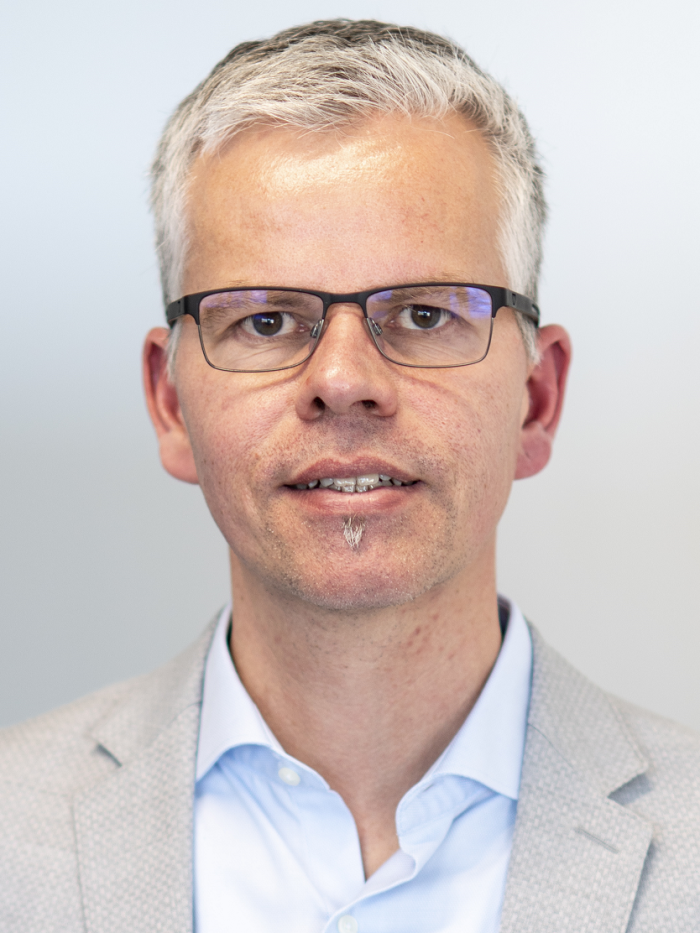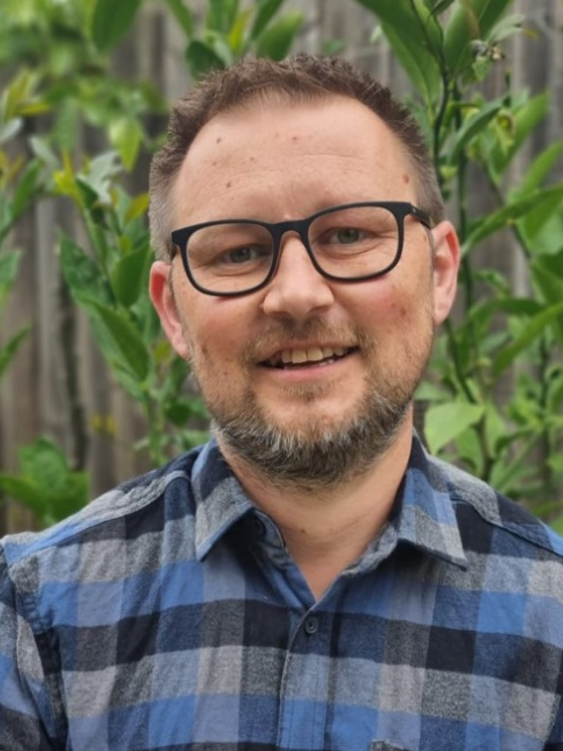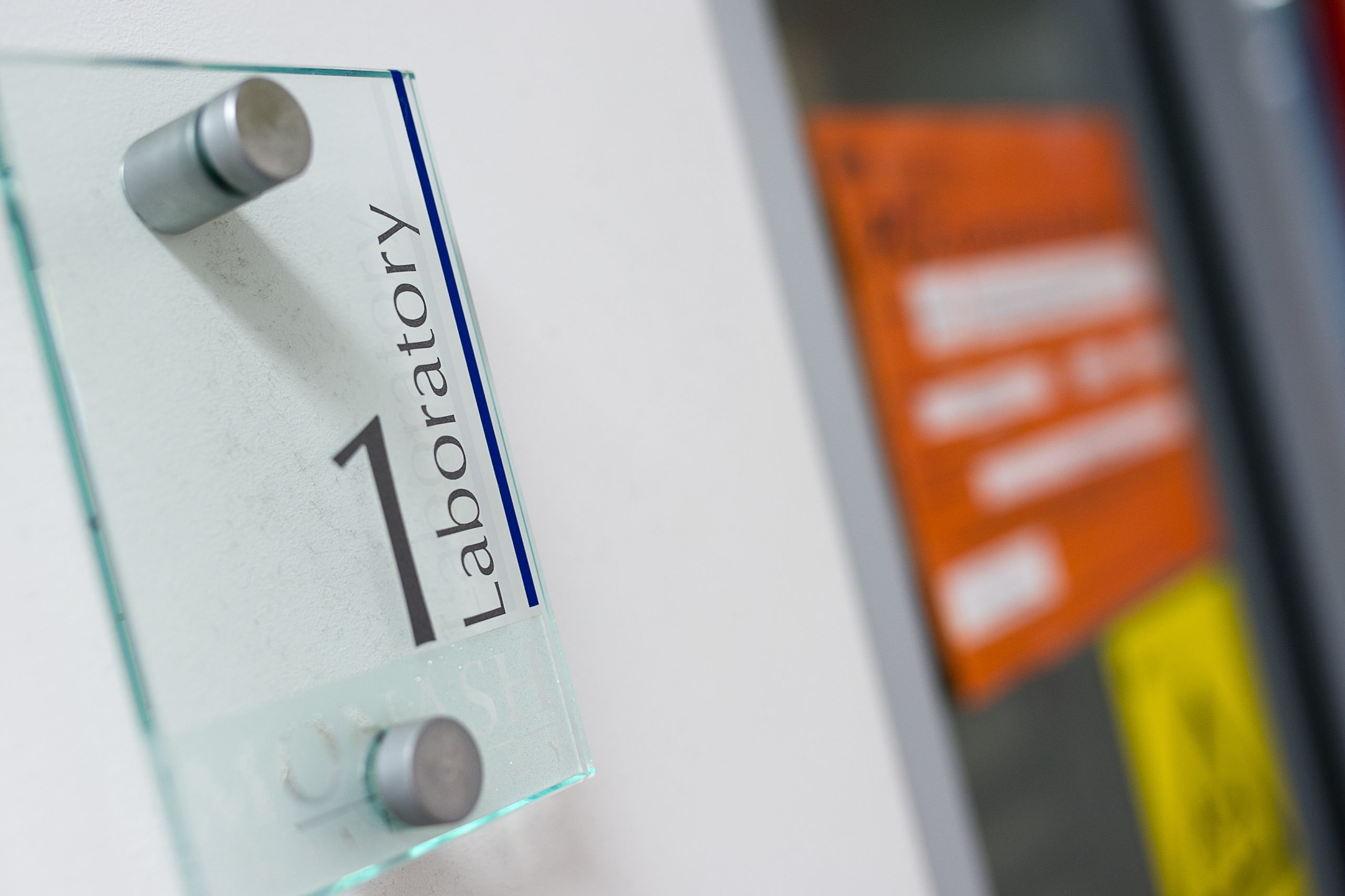

The Radionuclide Payload
Theme 1
The selective deposition of theranostic radionuclides – the “radionuclide payload” – requires specific targeting molecules that can deliver them to where they are needed. These targeting molecules must contain regions that address molecular target structures in specific cells, and they must be suitable for regioselective modification with appropriate complexing agents and/or direct chemoselective radiolabelling. This research theme will develop syntheses of new tailor-made metal chelators with high selectivity for a range of radiometals, establish labelling and purification protocols for complexes of these chelators with radionuclides, and evaluate their physicochemical properties.
Targeting molecules labelled with positron emitters such as 68Ga, 64Cu and 89Zr or with gamma emitters such as 99mTc and 203Pb have great potential in future radiotracers for non-invasive molecular imaging. In addition, targeting molecules labelled with the β-emitters 67Cu, 161Tb and 177Lu, the α-emitters 225Ac, 213Bi and 223/224Ra or with the Auger and conversion electron emitter 197(m)Hg have the potential to provide new chemical entities with future therapeutic potential.
In additional to single-ion/atom radionuclide payloads, larger metal clusters/cages/nanoparticles and other support frameworks for the radiometals will be explored to provide innovative solutions to deliver the radionuclides securely to their biological targets with different biochemical properties to existing agents.
Theme Leaders

Prof. Dr. Klaus Kopka
Prof. Dr. Klaus Kopka
Professional Background:
Univ.-Prof. Dr. Klaus Kopka (HZDR, Germany) is a radiopharmaceutical chemist and holds a full professorship (W3) for Bioinorganic and Radiopharmaceutical Chemistry at Technical University Dresden, Germany, which is combined with the directorship of the Institute of Radiopharmaceutical Cancer Research at Helmholtz-Zentrum Dresden-Rossendorf [HZDR]. Between 2013 and 2019 he held a W3 position at Ruprecht-Karls-University of Heidelberg, Germany. At the same time he was head of the Division of Radiopharmaceutical Chemistry at the German Cancer Research Center [DKFZ] in Heidelberg. In 2018 Klaus Kopka was honoured together with his colleagues Michael Eisenhut, Matthias Eder and Uwe Haberkorn with the highly recognized “The Stifterverband Science Award – Erwin Schrödinger Prize” of the Helmholtz Association.
Research Interests:
He was involved in the development of the theranostic prostate-specific membrane antigen (PSMA)-targeting radiotracers, i.e. PSMA-617 (approved as Pluvicto), PSMA-914 and PSMA-1007 (approved as Radelumin). His current research interests focus on radiopharmaceutical drug development; radiopharmaceutical sciences; medicinal radiochemistry; radionuclide production and radionuclide theranostics; targeted endoradiotherapy; noninvasive molecular imaging. His scientific output includes 269 publications, corresponding to 13,144 citations (h-index 57) (Scopus, 16-July-2024).


A/Prof. David Turner
Professional Background:
Associate Professor David Turner works in the School of Chemistry at Monash University. After completing his undergraduate and PhD at King's College London, he held successive fellowships (ARC and AINSE) at Monash before being appointed to staff.
Research Interests:
The Turner lab centres on metallosupramolecular and coordination chemistry. In particular they are currently interested in chiral coordination cages, providing unique nano-environments sheltered from bulk solution. DART Centre projects focus on radiolabelling cages to act as delivery or therapeutic agents and/or carrying labelled payloads.







